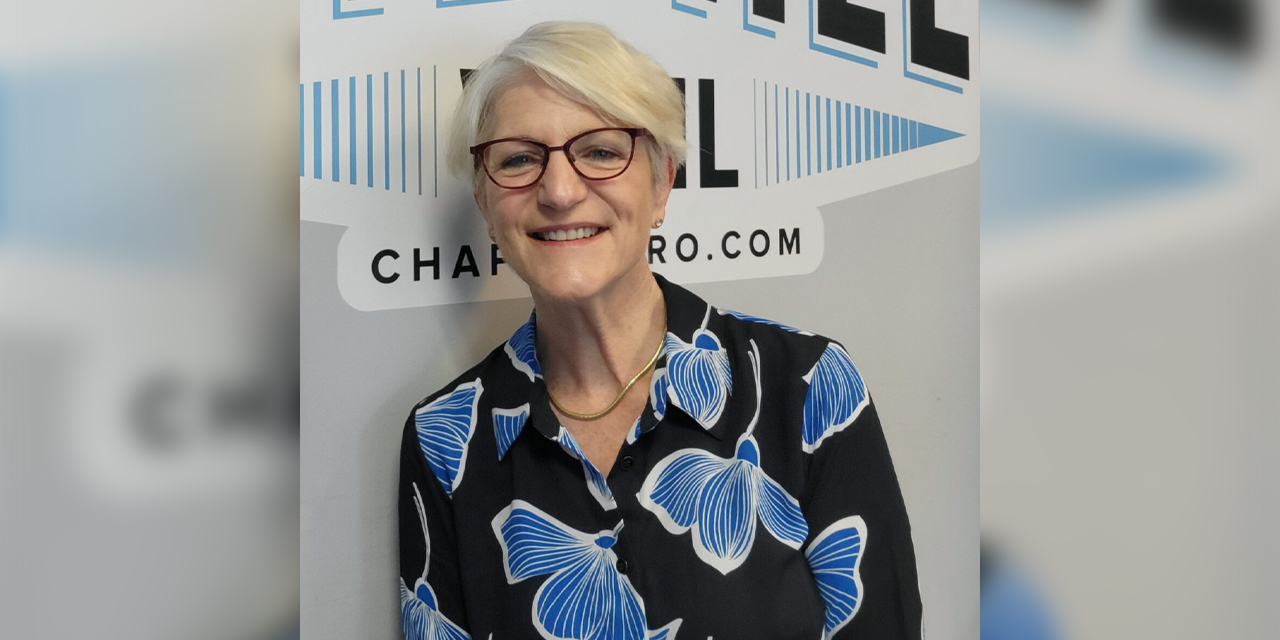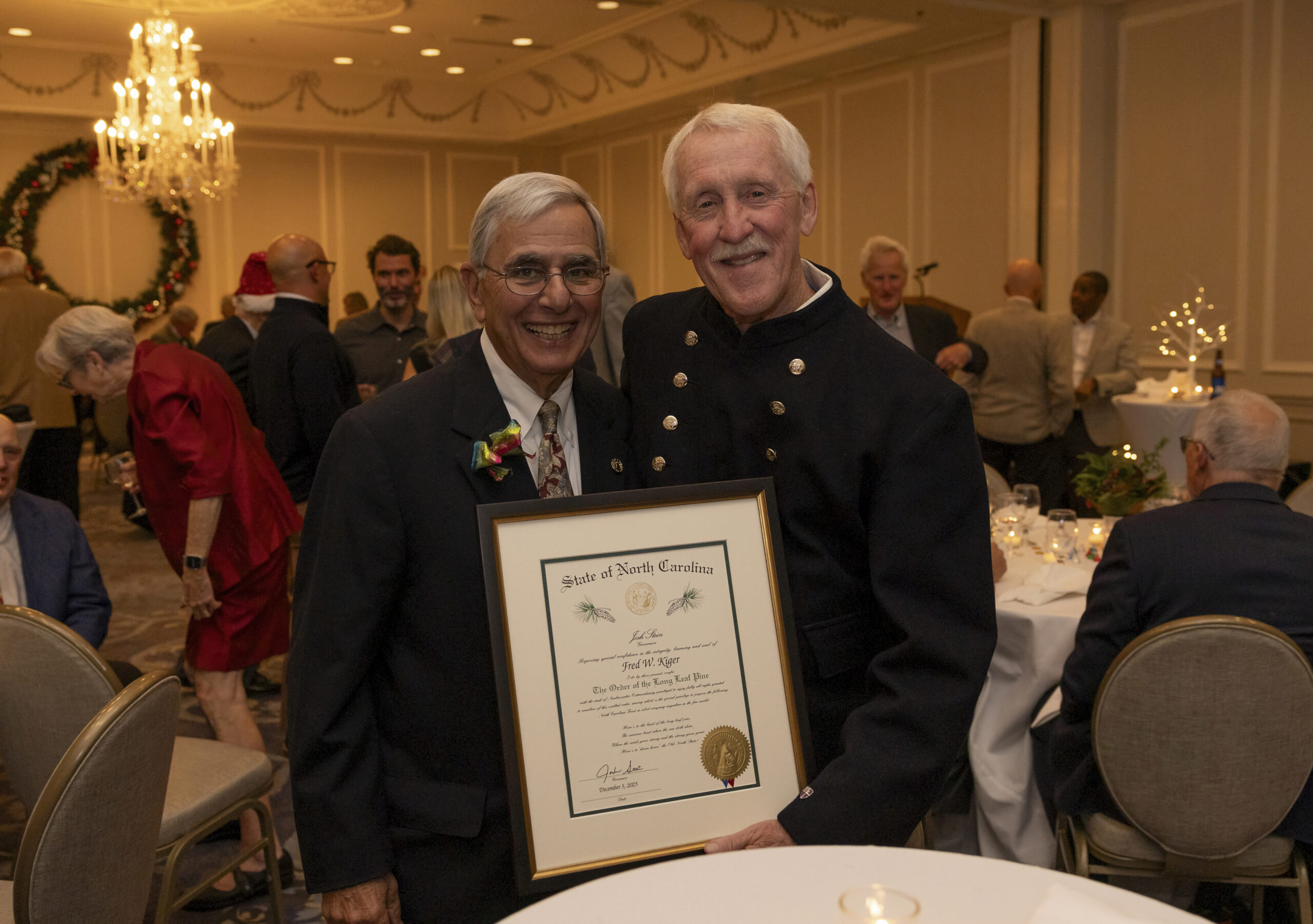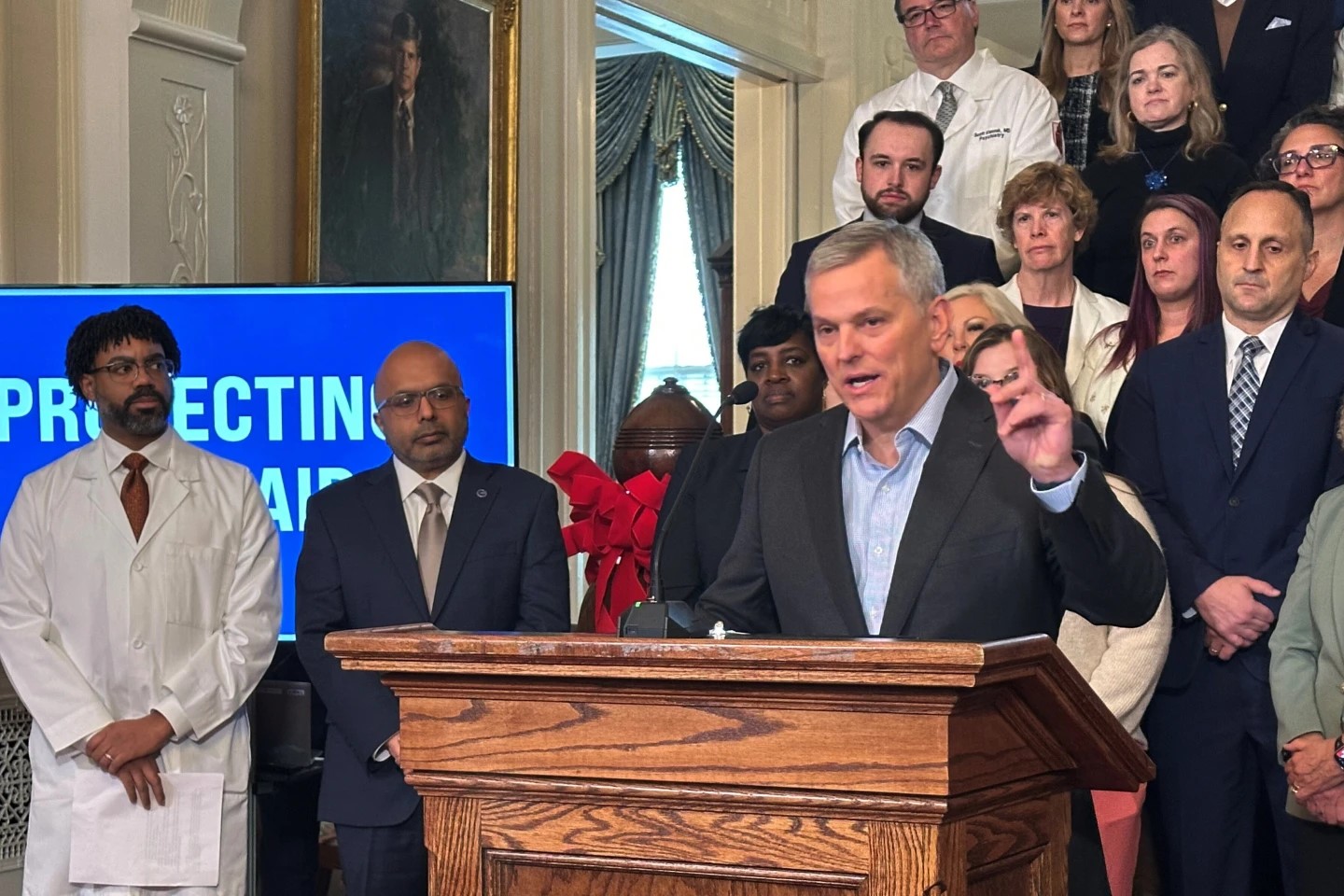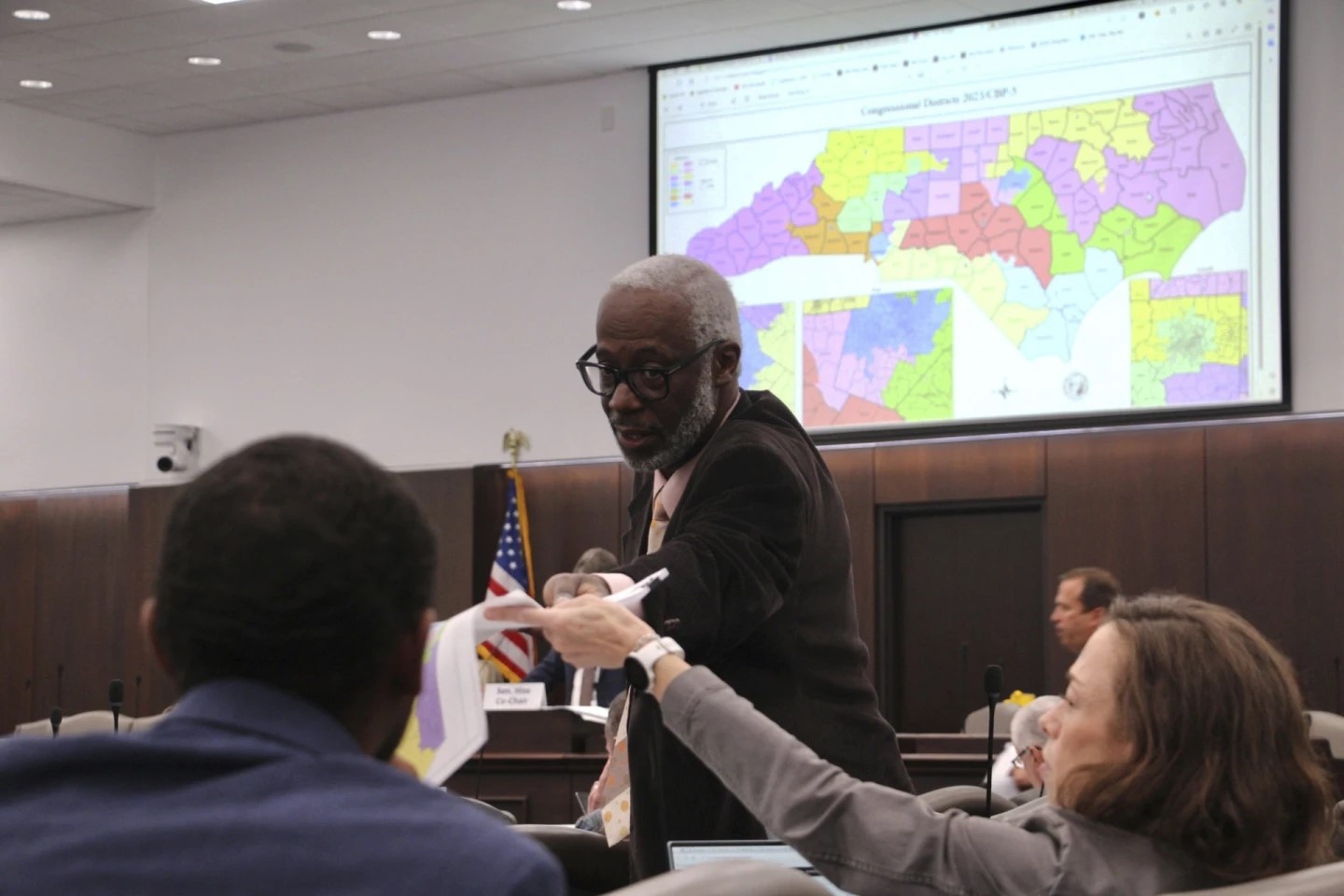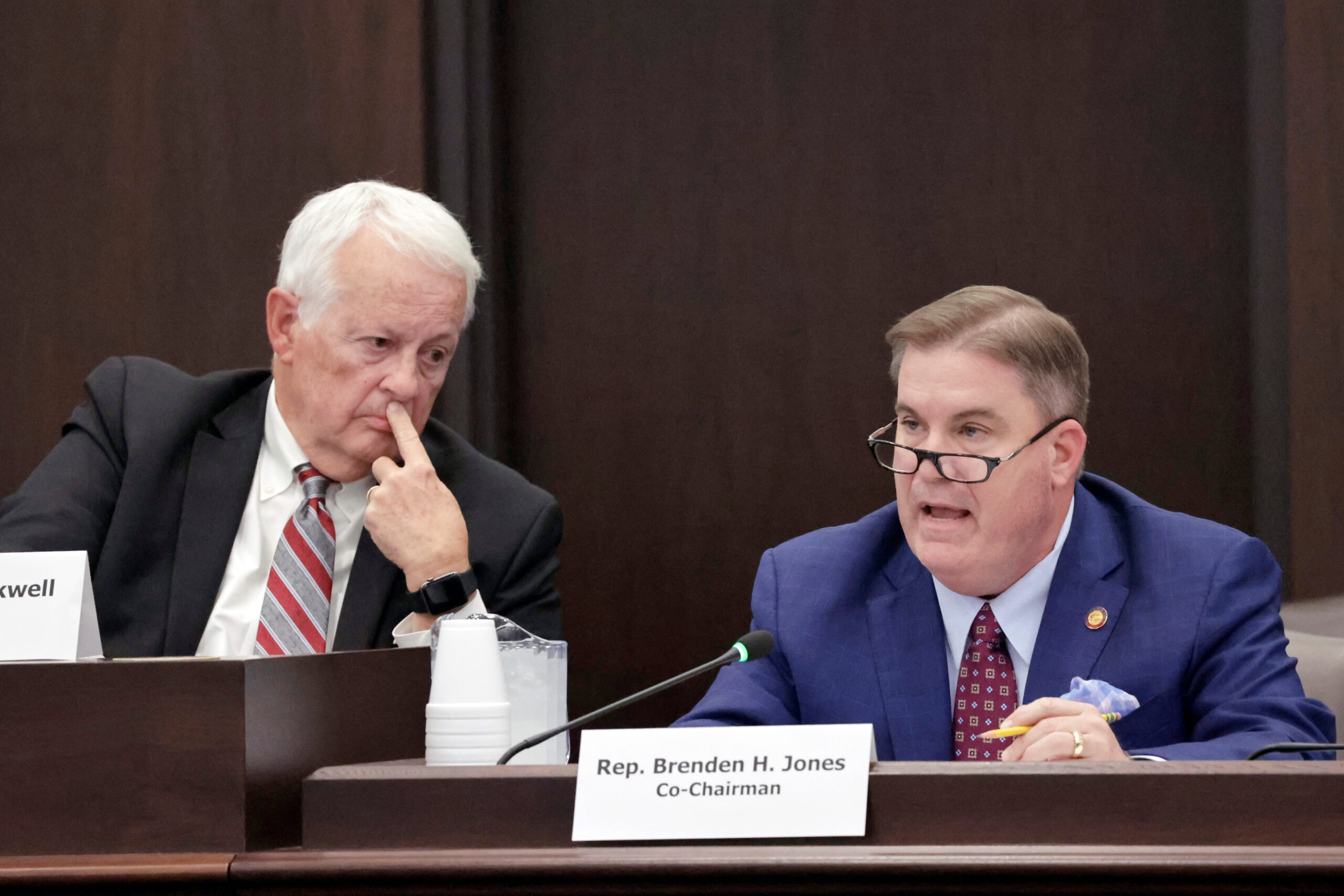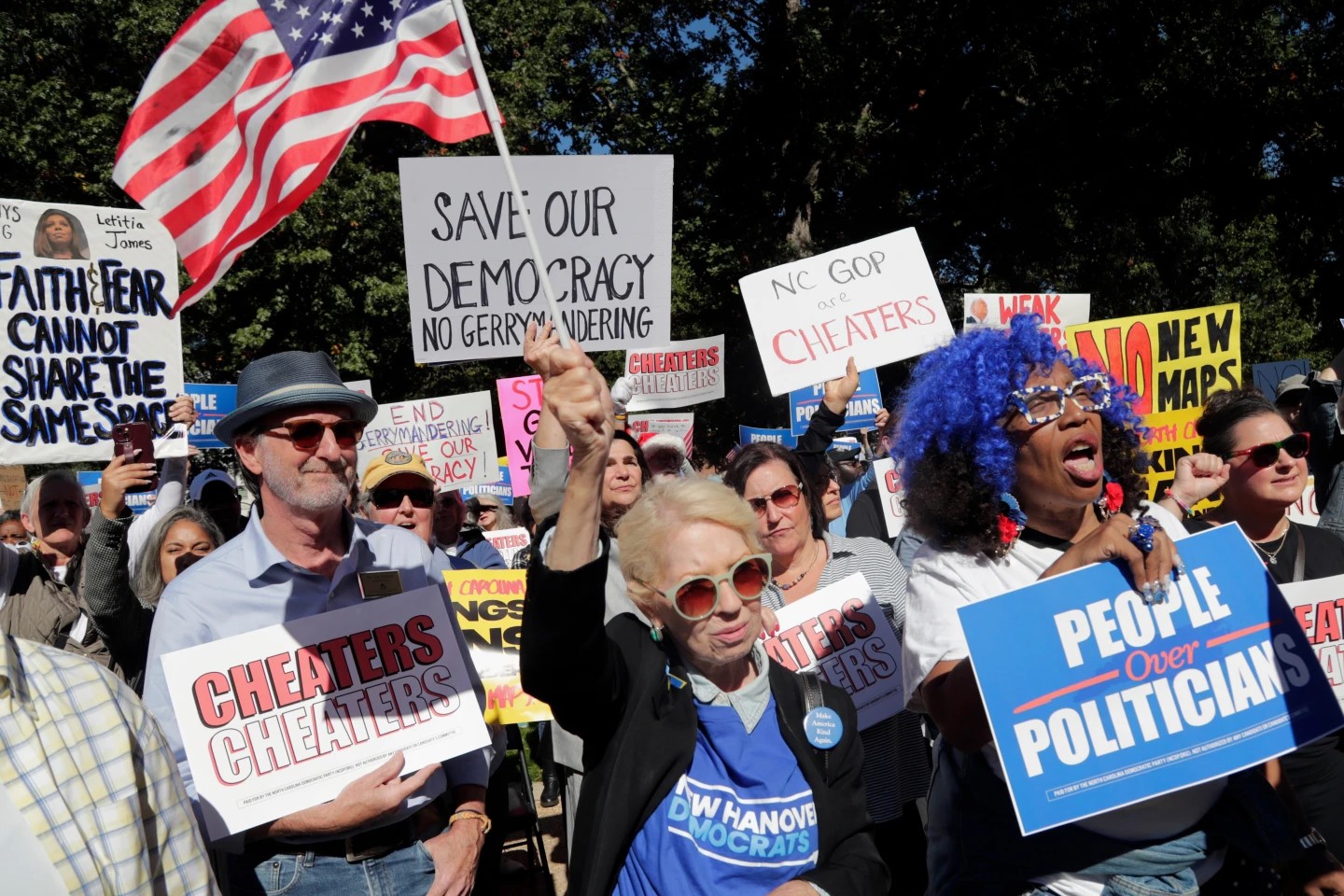Candidates have filed for the 2023 municipal elections cycle, which means they’re preparing their campaigns to stand out to voters this fall. Similarly, local boards of elections are shoring up their strategies to help voters with their visit to the polls.
But those groups aren’t alone in their preparation: the League of Women Voters is beginning its annual effort to educate voters on who their candidates are and how to cast their ballots. And the statewide chapter is doing so with new leadership.
Jennifer Rubin, a Durham resident who recently was elected as the president of North Carolina’s League of Women Voters, spoke with 97.9 The Hill about how the organization is preparing for yet another election cycle. Rubin was selected to lead the statewide chapter after having led the Orange, Durham, and Chatham counties chapter of the league for the last couple of years. She’s no stranger to the North Carolina leadership team, having been the second vice president in 2019 and directing their communications efforts.
Rubin said she was interested in switching to the statewide efforts and believes the aim to inform voters at the county level will translate easily because of how grassroots, engaged, and motivated League volunteers are.
“People are the same throughout the state,” she said, “as far as their need to understand the issues affecting them, understand who’s making decisions that are important to them, and how they can impact that. So, it really is just transferring that same knowledge of grassroots motivation and mobilization from a local level to the state level.”
As an organization, the League of Women Voters is a nonpartisan entity that focuses on educating voters on how to vote, which candidates are on the ballot, and critical issues facing each election cycle. The group tries to ensure that residents are not only active citizens in government but are also informed on how to knowledgably participate.
In a time of political divisiveness, misinformation, and shifting requirements for voters, it can be a challenging task to keep people informed and active. Rubin said the national discourse has made it more difficult to separate issues from partisanship, but that she still sees the league’s status as a benefit.
“I kind of think that nonpartisanship is getting cooler now,” she said, “because people look at the partisanship that’s creating anger, frustration, and gridlock toward progress. It’s a challenge, and there’s no easy answer [for divisiveness], unfortunately. I think the best we can do is to get people to focus on the issues and not the parties behind the issues.”
Rubin takes over the statewide league chapter at a time when North Carolina has been drawing more national attention. Between being involved in recent Supreme Court cases on redistricting, holding a Republican supermajority in the General Assembly, and seeing campaign donations flood in for critical 2024 elections, the state is at the center of some of the most topical issues facing governments and voters.
More recently, the state legislature is considering bills that could change the time absentee ballots are allowed to be received, how the state’s Board of Elections is filled out, and what that board’s power over county Boards of Elections can do. Also approved for 2023 elections: voter identification requirements, which Republican lawmakers passed a decade ago and only recently received approval from the state Supreme Court to use.
Rubin referenced some of these measures, citing them as the latest steps that could limit who participates in democracy instead of encouraging residents to vote.
“There are some dangerous, not helpful legislative initiatives that are underway now that will impact how people can vote,” she said. “[They] will make voting more difficult, put up hurdles to voters, make it confusing, [and] in some cases potentially less secure. And all of these initiatives have come about because there’s a false narrative that there’s voter fraud in our state.”
What will the League do? Rubin said its volunteers will continue outreach and education, making sure voters are aware of key issues and are knowledgeable of candidates on their ballots. She added that efforts to inform people on voter ID and registration requirements will pick up in the fall to ensure people are prepared when they head to the polls. The popular Vote 411 website, which is run by the League of Women Voters, will be operating again too as a tool for voters to stay educated on their rights, requirements, and local candidates.
“There are a lot of issues affecting everyone,” said Rubin, “and we just need to make sure that people understand those and make sure they can play a role, can affect the change in the state by voting.”
Chapelboro.com does not charge subscription fees, and you can directly support our efforts in local journalism here. Want more of what you see on Chapelboro? Let us bring free local news and community information to you by signing up for our biweekly newsletter.

